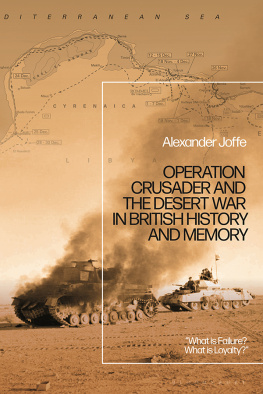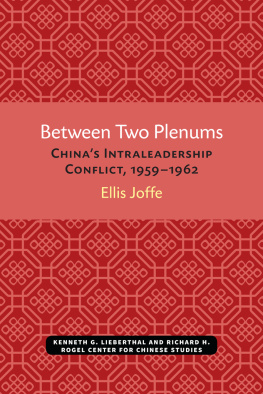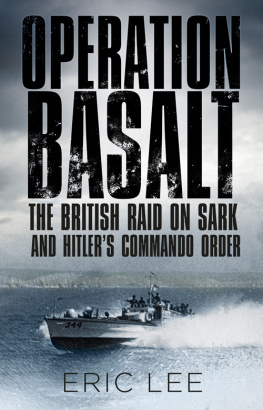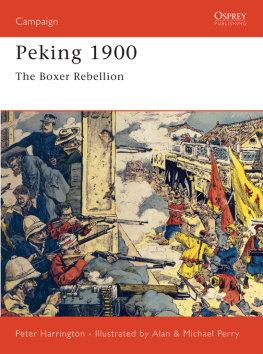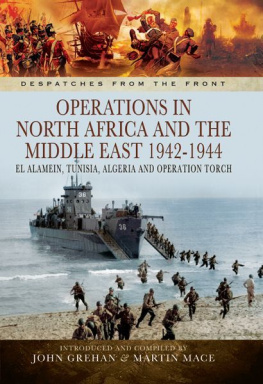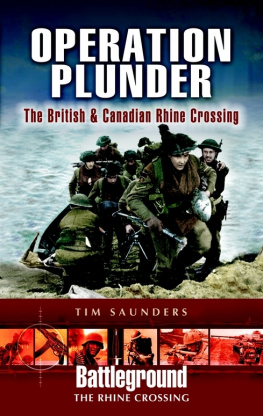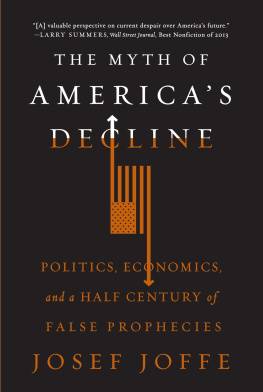How this book came to be is an unusual story best told elsewhere. But an important early highlight was when a Scottish genealogist suggested I contact the association for retired Rhodesian policemen. My email to Berwick-upon-Tweed was followed by a message to Zimbabwe, which prompted one to Edinburgh and then another to New York. Within a few minutes I was talking on the phone to Bruce Galloway, son of Sir Alexander Galloway, one of the key figures discussed in this book. This book would not have been possible without the kindness and friendship of Bruce, as well as that of Sally Galloway, granddaughter of Sir Alexander.
All books represent journeys among people. The support of Richard Mead and Kenneth Startup has been invaluable. Correlli Barnett also offered important early encouragement. Wm. Roger Louis of the University of Texas deserves special mention, as do Glyn Harper and Rachael Bell of Massey University in Wellington, New Zealand. Sadly, several scholars who offered support did not survive to see its completion, namely the late Robin Higham and Jeffrey Grey.
I also acknowledge the kind permission to cite and quote documents from the Trustees of the Liddell Hart Centre for Military Archives, the University of Manchester, the National Army Museum, the Churchill Archive Centre, Archives New Zealand (Wellington), the Christ Church Library and the Imperial War Museum. Materials from The National Archives in Kew, Her Majestys Stationary Office are used under Crown copyright. I express thanks to Mr Chas Bazeley for permission to quote from James Blewitts documents. Efforts to locate other copyright holders have been made.
Thanks also go to Angus Gordon, Nigel Hamilton, Major Alexander and Shirley Greenwood, Fred, Elizabeth and Christopher Catherwood, Christopher Andrew, Gill Smith, Brigadier Ian Dobbie, the late Zara Steiner, Harold Winton, Lavinia Greacen, Harold Raugh, Owen Humphrys, Tim Severin, Ian Martin, Philip R. Grant, Major Ian Farquharson, Barrie Duncan, Simon Robbins, Gill Smith, Nina Hadaway, Diana Manipud, Ian van der Waag, David Katz, Evert Kleyhans, Dewald Nel, Gerald Prinsloo, Lester Crook, Hilary Battye, and finally Myra Johnson, the genealogist whose wisdom put me in touch with Bruce Galloway.
I am grateful to them all, and to my family, especially my wife Rachel, who accepted our house being garrisoned by the British Army for over a decade.
Why do we remember the things that we do? How do certain narratives come to be accepted as standard or authoritative? How then do we come to believe those things as history, and incorporate them into ourselves, helping to form our identities? And how does this vie with memories, the fabric of our experience, to form the larger realities of society, its culture and character? What is included or elided, why or by whom? And how does one episode illuminate a larger whole, the pattern of remembering and forgetting?
German Chancellor Otto von Bismarck is famously (if inaccurately) quoted as having said that the two things one should never see being made are laws and sausages. To this we should perhaps add the process of writing history.
The Desert War has a particular place in the history of the Second World War. From 1940 to 1943 hundreds of thousands of British and Commonwealth soldiers confronted equal and larger numbers of Italians and Germans in battles across half the width of the Mediterranean. These battles were crucial to the course of the war and included notable successes at a time when the British military was reeling elsewhere.
For the most part historical focus on this theatre of the war, however, does not begin before the summer of 1942 and the appointment of Bernard Law Montgomery as commander of British forces prior to the famous second and third battles of El Alamein. Why did the British popular narrative, and those of many professional historians, begin here and not earlier? Part of answer is found not only in Montgomerys relentless self-promotion but also in the pattern of military success and then reverses that prevailed before August 1942, a series of command and operational failures, and how they were selectively recalled. But what exactly was remembered and what was forgotten, by whom and why?
This book tells three stories: what happened on a North African battlefield in late November 1941; how that event was remembered by participants, historians and journalists; and what it all meant, or didnt mean, to the British people. The first is an unusual story of commanders on a battlefield, about events and decisions including mental breakdown and acts of insubordination that quietly shaped the outcome of battle and possibly the Second World War as a whole. The second is the story of how history is written of Official Historians and their governmental minders in competition (and collusion) with journalists and memoirists. And the third is about Britain after the Second World War, how events of enormous wartime gravity resonated for a shrinking number of people, largely within the Establishment and with an ageing cadre of retired military leaders, while societys interests as a whole simultaneously moved away from history and towards sentimental representation.

